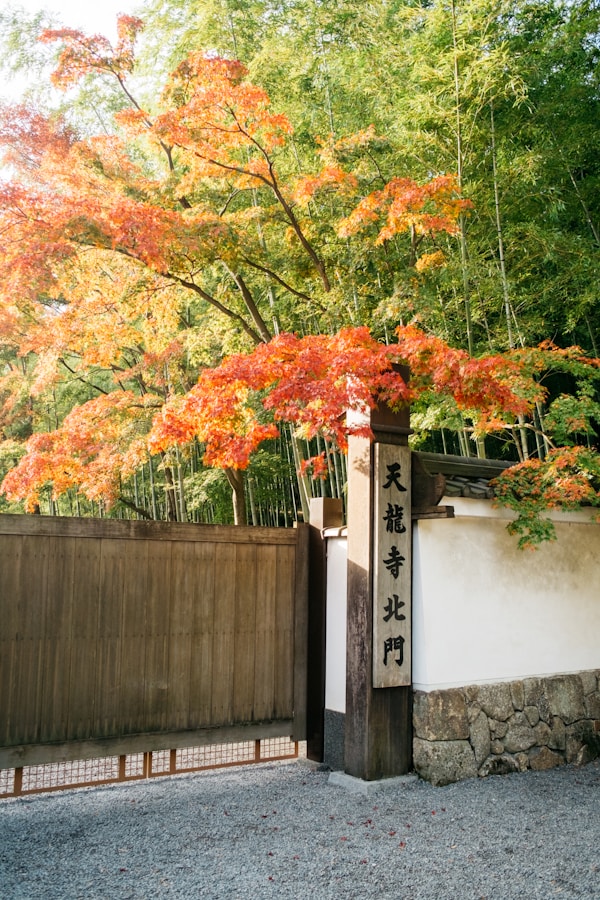.svg)
Co-Living Spaces in the Inaka: Are They the Future?
.svg)
.svg)
.svg)

Japanese inheritance law affects many akiya homes. Learn how unregistered ownership works, what to check before buying, and how Old Houses Japan helps you navigate it.


Many akiya (vacant homes) in Japan sit empty not because no one wants them—but because they’re tied up in complicated inheritance issues. Understanding how Japanese inheritance law works is essential if you’re buying an akiya, especially from private sellers or families who may not have clearly registered ownership.
Whether you're a potential buyer, an heir, or simply curious about how ownership of property is passed down in Japan, this guide breaks down the basics of how inheritance law affects akiya homes—and what to watch out for during a purchase.

Why Inheritance Issues Are So Common With Akiya
In Japan, it’s not uncommon for homes to remain legally owned by deceased relatives. This happens because:
As a result, the house remains in legal limbo—unclaimed, unsold, and often left to deteriorate.
How Inheritance Works in Japan
When someone dies in Japan, their estate is passed on according to:
Heirs are typically the spouse, children, parents, or siblings—ranked by proximity. If there’s no will, assets are divided by a strict formula:
All heirs must agree in writing on how to divide real estate, or else it cannot be transferred to a single person or sold.
What Is a “Sozoku Tōki” (Inheritance Registration)?
To legally update the property record, heirs must file a property inheritance registration (相続登記 / sōzoku tōki) at the local Legal Affairs Bureau (法務局). This process requires:
Without this, the home remains in the name of the deceased—and cannot be legally sold, renovated, or transferred.
The New Law (Effective 2024): Mandatory Inheritance Registration
To combat the growing akiya problem, Japan passed a new law in 2021 (effective 2024) requiring mandatory inheritance registration. Now, all heirs must register inherited property within three years of becoming aware of the inheritance—or face penalties.
This aims to:
What to Watch Out for as a Buyer
If you're considering a home with unclear or inherited ownership:
If even one heir is unreachable or refuses to sign, the transaction could fall apart.
How Old Houses Japan Helps
We regularly assist buyers with akiya homes that involve:
Our team helps by:
We’ve helped untangle even century-old inheritance chains—and we’re here to guide you through it too.
Final Thoughts
Japanese inheritance law plays a major role in the akiya landscape. Many homes sit empty not because they’re unwanted, but because the legal handoff of ownership was never completed. As a buyer, knowing how to identify—and navigate—these situations is key to securing a successful purchase.
Need help verifying ownership or understanding inheritance issues? Contact Old Houses Japan to get expert guidance and make your akiya journey as smooth as possible.
Start your journey with Luxey today! Sign up for free and get instant access to the best property listings.



